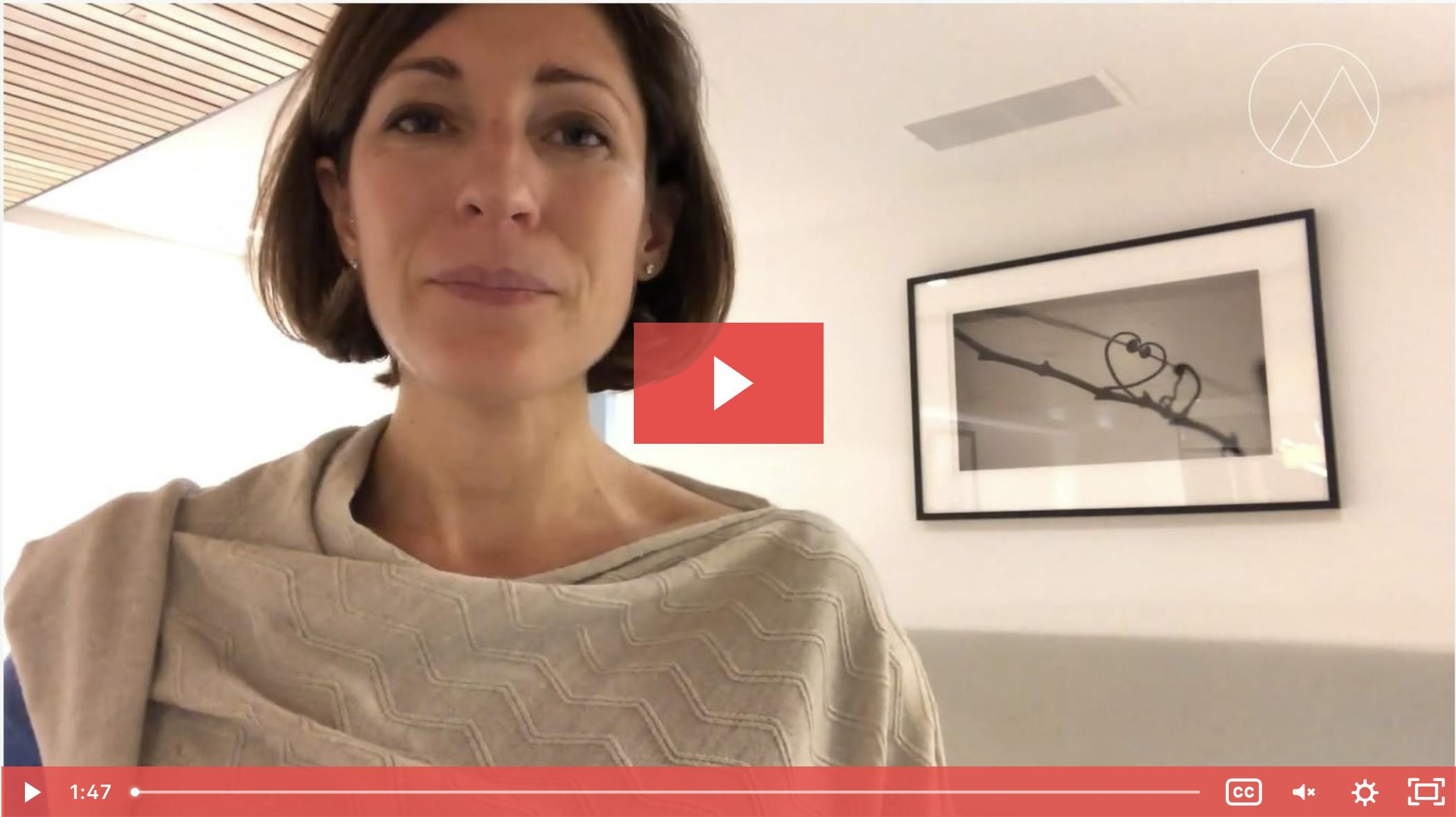What Are Powerful Coaching Questions? A Guide for HR Business Partners
In today’s dynamic business environment, HR Business Partners (HRBPs) play a critical role in driving organizational growth and nurturing leadership talent. But, as an HRBP, have you ever wondered how to deepen your impact in your stakeholder relationships? One effective approach lies in adopting the art of powerful coaching questions—a technique that professional coaches use to provoke thought, inspire change, and empower individuals.
Understanding what makes a question "powerful" and applying this style in your day-to-day interactions can enhance your business partnering, influence, and drive more meaningful conversations across the organization. Let’s explore what makes a question powerful, why it's important, and how you can integrate it into your HRBP toolkit.
What Are Powerful Coaching Questions?
Powerful coaching questions are open-ended, thought-provoking, and future-oriented. They are designed to encourage reflection, help the other person uncover new insights, and facilitate problem-solving. These questions go beyond simple yes-or-no answers, challenging the person being coached (or, in this case, your stakeholders) to think deeply and take ownership of their answers.
Key Characteristics of Powerful Questions:
- They are open-ended, allowing for exploration rather than limiting responses.
- They focus on why, how, and what, rather than on quick facts or yes/no responses.
- They are non-judgmental, avoiding any implication that there is a "right" or "wrong" answer.
- They keep the focus on the other person, inviting them to reflect and find their own answers.
Why Should a Coach—and an HRBP—Use Powerful Questions?
In coaching, powerful questions help individuals tap into their intrinsic motivations, uncover limiting beliefs, and see new possibilities. But these questions are equally valuable for an HRBP because they:
- Build Trust and Rapport: When you show genuine curiosity and ask questions that require thoughtful answers, you signal to stakeholders that you value their perspectives.
- Empower Decision-Making: Instead of giving solutions, asking powerful questions empowers leaders to take ownership of their choices and decisions.
- Foster Critical Thinking: Powerful questions encourage individuals to dig deeper, fostering a culture of critical thinking and continuous improvement.
- Drive Strategic Conversations: By challenging people to think beyond the surface, you elevate conversations from transactional to strategic, aligning them with larger business goals.
How to Use Powerful Coaching Questions in Your Role as an HRBP
Applying a coaching mindset in HR can transform how you support leaders and teams, driving greater alignment, engagement, and accountability. Here are some examples of how you might use powerful questions in your day-to-day interactions.
Example Scenarios:
- Performance Management Conversations:
- Powerful Question: "What would success look like for you in this role, and what steps do you feel are critical to achieving it?"
- Non-Powerful Question: "Are you meeting your targets?"
- Here, the powerful question encourages the employee to define their own metrics of success and take ownership of their progress, leading to more insightful self-reflection and a proactive approach.
- Leadership Development:
- Powerful Question: "What strengths do you want to leverage in this project, and where might you seek support?"
- Non-Powerful Question: "Do you think you can handle this project?"
- This question invites leaders to think about their strengths and potential areas for growth, helping them plan proactively while empowering them to make their own choices.
- Stakeholder Alignment Discussions:
- Powerful Question: "How does this goal align with the broader vision of your team, and what challenges might you foresee?"
- Non-Powerful Question: "Is your team on track to meet its goals?"
- This type of question opens the door to strategic thinking and proactive problem-solving, showing that you are interested in the bigger picture rather than simply monitoring progress.
- Career Development and Feedback Sessions:
- Powerful Question: "If you could change one thing about your approach to work, what would it be and why?"
- Non-Powerful Question: "Are you happy with your role?"
- A powerful question here helps the individual reflect on what they could actively change, sparking motivation for self-improvement.
Building Your Own Set of Powerful Questions
Crafting powerful questions starts with adopting a curious and non-judgmental mindset. Think about using "What," "How," and "Why" questions that guide people toward self-discovery rather than directing them to a specific answer. Here are some examples you can adapt in various situations:
- What would be different if…?
- How do you envision…?
- What options have you considered?
- What would make the biggest difference here?
- What assumptions might we need to challenge?
- How will you know when you've achieved this?
- What would you most like to achieve, and what’s holding you back?
Making Powerful Questions Part of Your HRBP Practice
Incorporating powerful coaching questions takes practice. Start by experimenting with one or two questions in your upcoming meetings. Reflect on the responses you receive, the quality of the dialogue, and how these questions shift the dynamic of your conversations. Over time, you’ll notice that asking powerful questions creates more trust, autonomy, and accountability, reinforcing your role as a strategic partner in the business.
By embracing this technique, HRBPs can not only foster more profound connections with stakeholders but also empower them to take ownership of their growth, ultimately contributing to a more resilient, agile organization.
Click here to find out more about powerful questions, or get in touch with us HERE:





